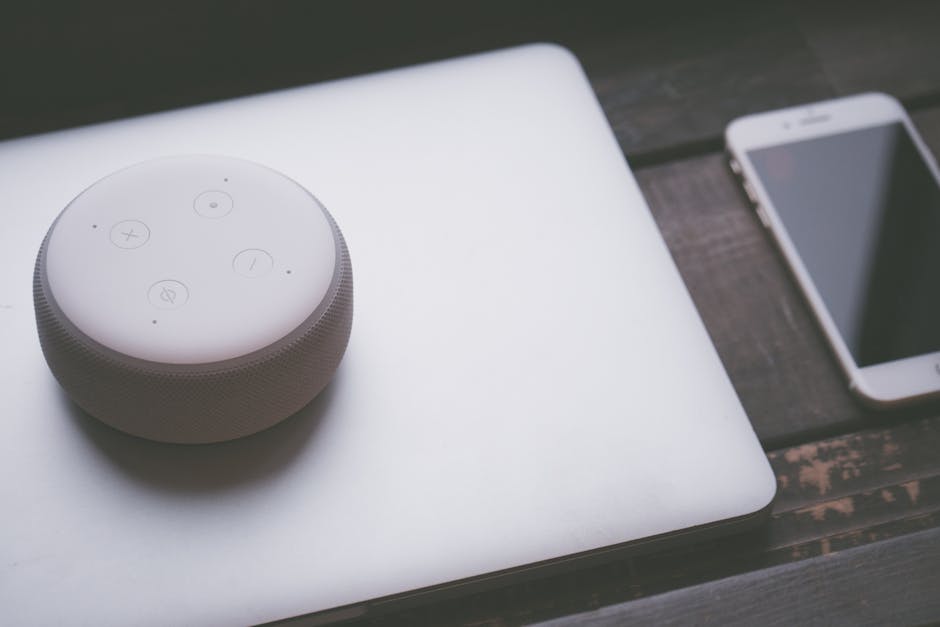Amazon Accused of Trapping Drivers in AI Panopticon
A shocking investigation has exposed Amazon’s alleged use of an AI-powered surveillance system, dubbed the “AI Panopticon,” to tightly control its delivery drivers. The term, inspired by philosopher Jeremy Bentham’s prison design, describes a workplace where drivers are constantly monitored by artificial intelligence—leaving little room for autonomy or privacy.
How Amazon’s AI Panopticon Works
Leaked documents and driver testimonies reveal that Amazon’s system relies on:
- GPS Tracking & Route Enforcement: Drivers must follow pre-set routes, with deviations flagged as inefficiencies.
- Speed & Delivery Time Monitoring: AI penalizes drivers for delays, pressuring them to rush deliveries.
- Biometric Surveillance: Inward-facing cameras allegedly detect fatigue, phone use, or even facial expressions.
- Strict Customer Interaction Rules: Drivers report being punished for spending “too long” helping elderly recipients.
One anonymous driver called it a “digital leash,” where minor infractions—like hard braking or a bathroom break—trigger automated warnings or job loss.
Workers Reduced to “Data Points”
Critics argue Amazon’s system dehumanizes drivers, prioritizing efficiency over well-being.
Rohan Desai, labor activist:
“The AI ignores real-world factors—traffic, weather, human needs. It’s designed to extract maximum productivity, no matter the cost.”
A 2023 Worker Rights Consortium study found Amazon drivers experience stress levels rivaling first responders, with many suffering sleep deprivation and anxiety due to relentless surveillance.
Amazon Claims It’s for “Safety” – But at What Cost?
Amazon defends the system as a “safety-first innovation,” claiming it reduces accidents and improves reliability. However, whistleblowers say it encourages unsafe behaviors, including:
– Skipping breaks
– Speeding
– Avoiding restroom stops
These issues led to the infamous “pee in a bottle” scandal, which Amazon initially denied before admitting in 2021.
Legal & Ethical Fallout
Lawmakers and privacy advocates are pushing back:
– U.S. Senators demand stricter surveillance laws.
– Indian activists fight for better protections for Amazon’s delivery workforce.
Aparna Gopalakrishnan, digital rights lawyer:
“Algorithmic discipline strips workers of recourse. There’s no human to appeal to—just cold, unyielding code.”
The Future of Gig Work: Will AI Control Spread?
Amazon’s model reflects a disturbing trend in gig economy surveillance, with companies like Uber, FedEx, and Swiggy using similar AI oversight. The central question remains:
Can corporations balance efficiency with worker rights? Or will AI surveillance become an inescapable norm?
For now, Amazon’s drivers remain trapped in this high-stakes digital panopticon—watched, scored, and disciplined by an unfeeling algorithm.
— NextMinuteNews




